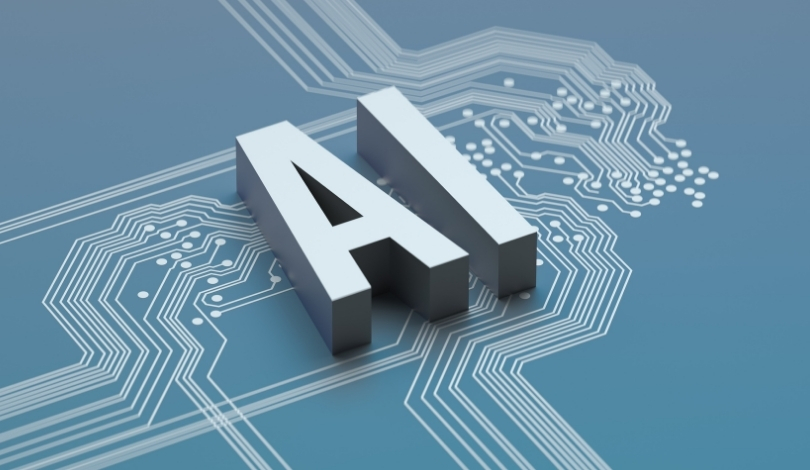The integration of Studio Ghibli’s unique visual style into ChatGPT’s new image-generation feature has captivated a global audience, leading to unprecedented user engagement. This collaboration merges the beloved aesthetics of the renowned animation studio with advanced AI capabilities, offering users a novel way to create personalized artwork. As artificial intelligence continues to evolve, such partnerships highlight the potential for blending creative artistry with technological innovation.
Following the initial surge in interest, ChatGPT experienced a significant increase in active users, surpassing previous records and challenging OpenAI’s infrastructure. This trend not only underscores the popularity of AI-generated art but also raises questions about the sustainability of rapid user growth in tech platforms.
How Did ChatGPT’s New Feature Affect Its User Base?
The introduction of the Studio Ghibli-inspired image generator led to a remarkable spike in user activity, with weekly active users exceeding 150 million for the first time this year, as reported by Similarweb. OpenAI CEO Sam Altman noted that the chatbot gained one million users within a single hour in early April, mirroring the rapid growth observed during ChatGPT’s initial launch phase.
What Legal Issues Arise from Ghibli-Style AI Art?
The widespread use of Studio Ghibli-inspired AI imagery has ignited debates over copyright infringement. Legal experts like Evan Brown from Neal & McDevitt highlight the uncertainty surrounding the protection of artistic styles, suggesting that closely mimicking a renowned look could infringe on intellectual property rights. Additionally, statements from Miyazaki, co-founder of Studio Ghibli, expressing disdain for AI-generated artwork, amplify concerns about the ethical implications of such technologies.
What Are the Data Privacy Concerns with AI Image Tools?
The popularity of AI image generation has also brought data privacy issues to the forefront. Christoph C. Cemper, founder of AIPRM, warns that uploading personal photos can expose biometric data, leading to potential misuse such as identity theft or unauthorized distribution. OpenAI’s privacy policy indicates that user-submitted content may be retained and utilized to enhance future AI models, further intensifying worries about data security.
In comparison to earlier releases, the current surge in ChatGPT’s usage due to the Ghibli feature is more pronounced, reflecting a growing public appetite for AI-driven creative tools. Previous iterations saw increased user numbers, but the thematic focus on a beloved animation studio has uniquely accelerated engagement rates and brought specific legal and privacy issues into sharper focus.
The rapid adoption of ChatGPT’s image-generation capabilities underscores both the potential and challenges of integrating AI into creative domains. Users benefit from enhanced creative tools, yet must navigate the complexities of intellectual property and data privacy. As AI continues to advance, it is crucial for both developers and users to address these concerns proactively, ensuring that technological innovation aligns with ethical and legal standards.
- ChatGPT’s new tool inspired by Studio Ghibli drew millions of users.
- Legal and privacy concerns have emerged around AI-generated imagery.
- Rapid growth highlights both opportunities and challenges in AI creativity.









